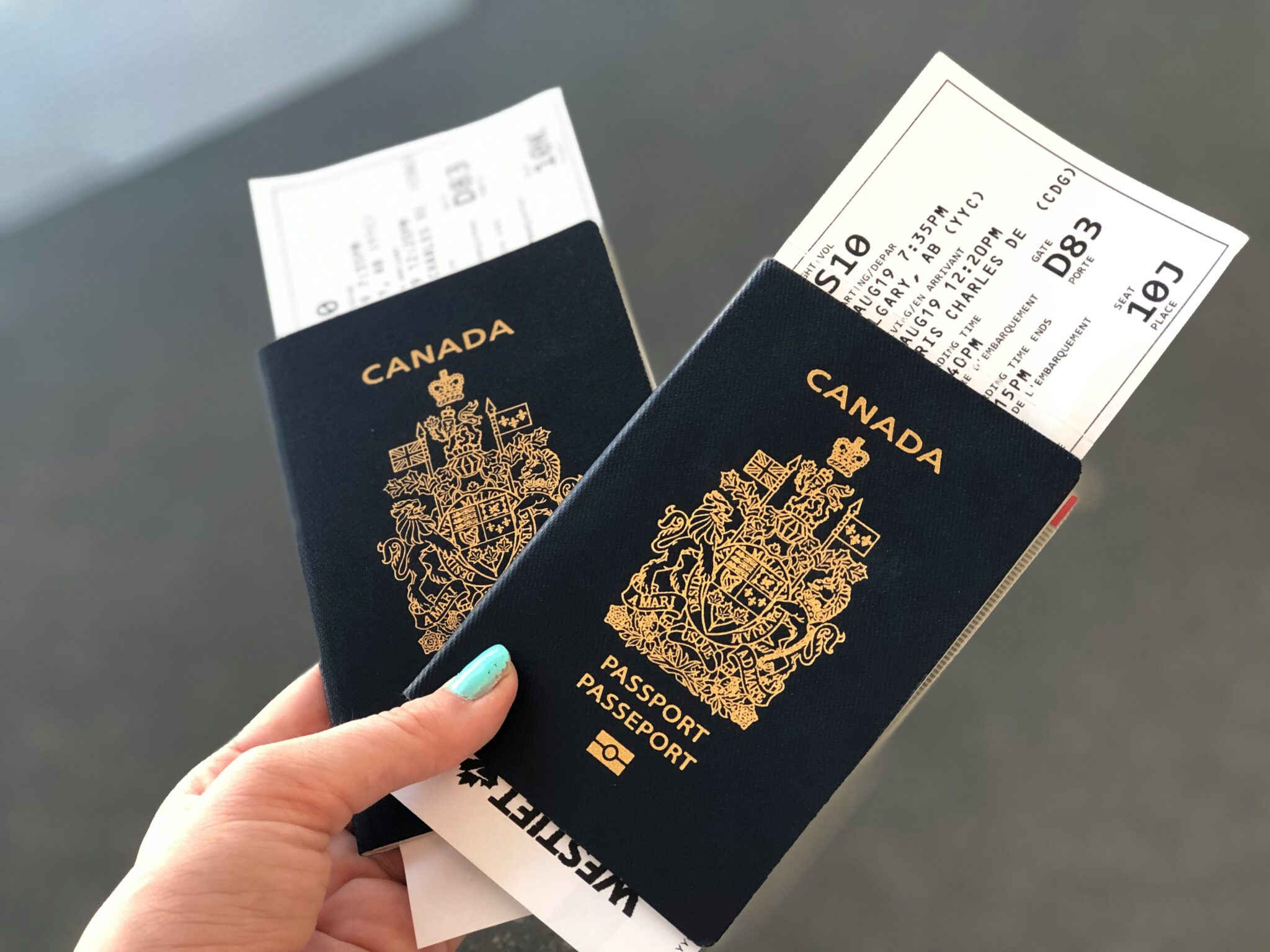Air Canada Pays 737 Max Pilots to Not Fly as Grounding Drags On
Skift Take
Think U.S. airlines have it tough with the Boeing 737 Max grounding?
At least they can keep pilots busy during the lengthy grounding, since they can fly older versions of the same airplane. Air Canada has no such opportunity, as executives made clear Tuesday on their second quarter earnings call, and it's hampering the airline's ability to operate efficiently.
At Southwest Airlines, United Airlines, and American Airlines, 737 pilots can operate all versions of the airplane, including the 737NGs, or next-generation planes, that make up the bulk of their fleets. But Air Canada doesn't fly the NG, so it trained hundreds of pilots just to fly the Max. Now, it must pay them not to work, and those costs are adding up.
"We have some 400-plus pilots that we're carrying, who are waiting for the Max to come back," Air Canada CEO Calin Rovinescu told analysts on Tuesday. "Obviously, not exactly the most efficient use of their talent and their skill."
Unique Problem
All Max operators face similar problems with grounded airplanes and reduced capacity, but the pilot issue is unique to Air Canada.
The airline decided five years ago to reduce its reliance on Airbus narrow-body jets and go with the Boeing 737 instead. It trained pilots to fly the new jet, going so far as to install a Max simulator.
Because training is labor intensive and expensive, airlines prefer to train pilots as little as possible, so for the most part, Air Canada has grounded its Max pilots rather than re-train them to fly another jet.
For the second quarter, chief financial officer Michael Rousseau said, Air Canada paid C$14 million ($10.64 million U.S.) in wages, salaries and benefits to non-flying Max pilots. Most were flying the 24 Max aircraft Air Canada operated before the airplane was grounded earlier this year.
Those pilots will be ready go soon after regulators clear the airplane, executives said. But Air Canada had an aggressive delivery schedule, with plans to ramp up to 50 aircraft by next summer.
Executives said they're not sure about Boeing's delivery schedule, and how it will may change because of the manufacturer's software issues. But they told analysts they're no longer going to be able to spool up to 50 airplanes so fast, even if Boeing can deliver them quickly.
"We have not hired pilots and cabin crews for the 12 aircraft not delivered in Q2 of 2019 nor are we planning to hire for the additional 14 scheduled to be delivered in the first half of 2020 until we have clarity," Rousseau said. "As a result of this and other operational factors, it will take up to a year from the time when the decision is made to reintegrate them into our fleet after the ungrounding for all 50 planes to fly."
Effect on Schedule
The pilot training issue is more of a long-term problem. In the short term, Air Canada's problems look at lot like those at other North American airlines; the carrier does not have enough aircraft to fly all of its scheduled capacity.
By now, executives said, Air Canada was to have 36 Max jets, and they were to fly roughly 100 departures per day by the end of June, including on some of the airline's longest (and most premier) North American routes.
Like most airlines, Air Canada is doing more with less, deferring non-essential maintenance, extending leases, taking other aircraft earlier than expected and using wet-leased aircraft.
But there's only so much it could do. In the second quarter, it said it was able to cover about 97 percent of planned flying. This summer, executives said, the airline will fly about 95 percent of the planned schedule.
Given the uncertainty over when the Max will fly again, executives said they want to take a prudent approach on future schedules.
On Tuesday, Air Canada said it is canceling all Max flights until Jan. 8, 2020, longer than any other North American airline. Southwest is the only other operator to cancel its Max flights into next year, going as far as Jan. 5.
Air Canada still reported a profit in the second quarter, reporting adjusted net income of C$240 million ($182.46 million) on operating revenues C$4.757 billion ($3.6 million).
Unit costs for the quarter rose 5.2 percent, an increase the airline blamed mostly on the Max grounding.




